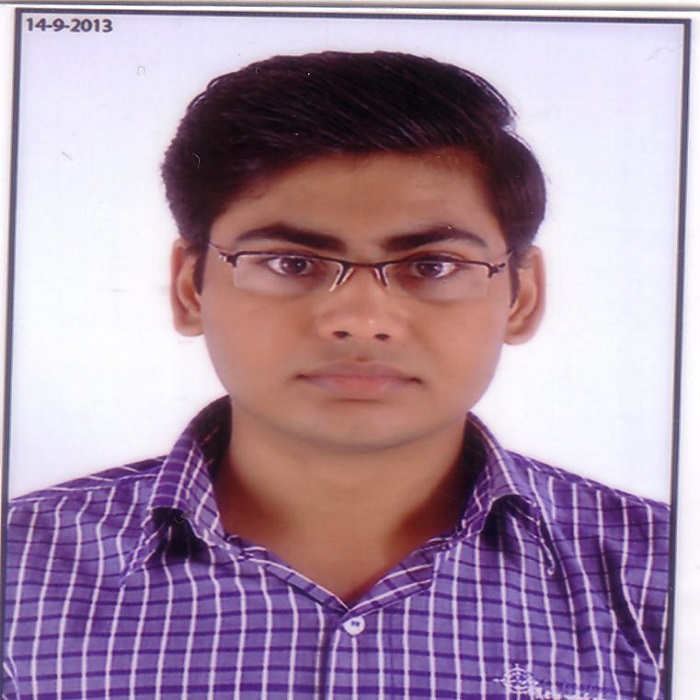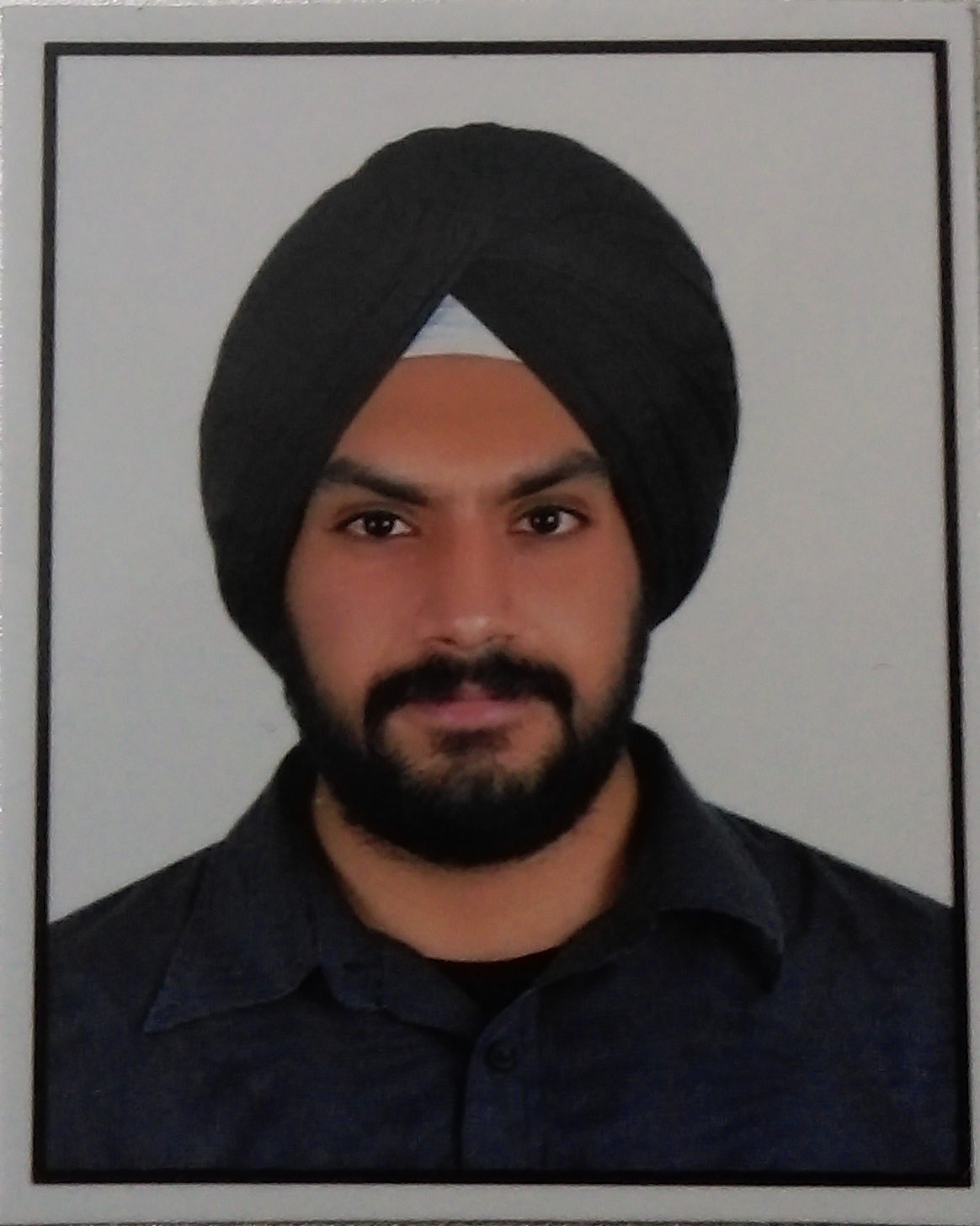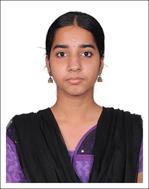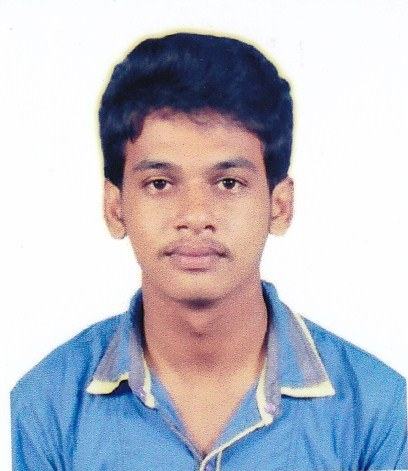Course abstract
Games or ?Strategic Interactions? can be found in all walks of life. Examples of such scenarios are two firms competing for market share, politicians contesting elections, different bidders participating in an auction for wireless spectrum, coal blocks etc. Game theory provides a convenient framework to model and interpret the behavior of participants in such strategic interactions. Hence it can be applied to solve a wide variety of problems involving diverse areas such as Markets, Auctions, Online Retail, Cold War, Paying Taxes, Bargaining, Elections, Portfolio Management etc. Therefore, both undergraduate and postgraduate students and professionals from diverse backgrounds such as Scientists, Engineers, Managers, Politicians and Political Scientists, Economists, Mathematicians etc will find the course content useful. Examples and exercises will be motivated by problems close to real life scenarios.
Course Instructor

Prof. Aditya Jagannatham
Prof. Aditya K. Jagannatham received his Bachelors degree from the Indian Institute of Technology, Bombay and M.S. and Ph.D. degrees from the University of California, San Diego, U.S.A.. From April '07 to May '09 he was employed as a senior wireless systems engineer at Qualcomm Inc., San Diego, California, where he worked on developing 3G UMTS/WCDMA/HSDPA mobile chipsets as part of the Qualcomm CDMA technologies division. His research interests are in the area of next-generation wireless communications and networking, sensor and ad-hoc networks, digital video processing for wireless systems, wireless 3G/4G cellular standards and CDMA/OFDM/MIMO wireless technologies. He has contributed to the 802.11n high throughput wireless LAN standard and has published extensively in leading international journals and conferences. He was awarded the CAL(IT)2 fellowship for pursuing graduate studies at the University of California San Diego and in 2009 he received the Upendra Patel Achievement Award for his efforts towards developing HSDPA/HSUPA/HSPA+ WCDMA technologies at Qualcomm. Since 2009 he has been a faculty member in the Electrical Engineering department at IIT Kanpur, where he is currently an Associate Professor, and is also associated with the BSNL-IITK Telecom Center of Excellence (BITCOE). At IIT Kanpur he has been awarded the P.K. Kelkar Young Faculty Research Fellowship (June 2012 to May 2015) for excellence in research. His popular video lectures for the NPTEL (National Programme on Technology Enhanced Learning) course on Advanced 3G and 4G Wireless Mobile Communications can found at the following YouTube link ( NPTEL 3G/4G ).More info
Course Sponsors
Teaching Assistant(s)
Course Duration : Jan-Mar 2016
View Course
Enrollment : 05-Dec-2015 to 04-Feb-2016
Exam Date : 20-Mar-2016
Enrolled
2551
Registered
66
Certificate Eligible
56
Certified Category Count
Gold
1
Silver
0
Elite
28
Successfully completed
9
Participation
18
Feedback Videos
Exam score
Final score


.jpg)
.jpg)
.jpg)









